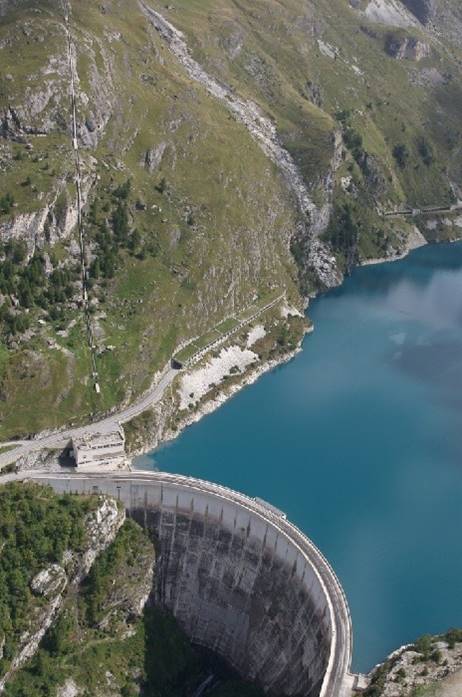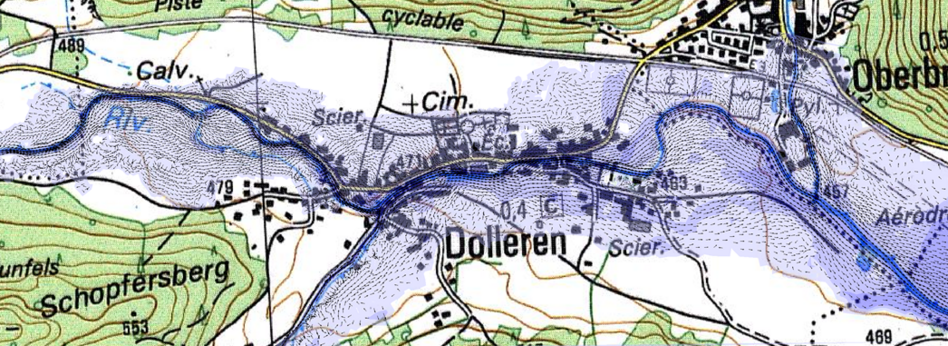General description and objectives (September to January - level Master 2 )
Context : The management of water and aquatic environments imply both societal issues - with the preservation of resources in quantity and quality, or the fight against flooding-, and environmental issues -with the protection, preservation and restoration of aquatic ecosystems, especially in the current context of climate change.
In France, the management of water, aquatic environments and protection against floods (GEMAPI) is a competence of the intercommunities since 2014 (Decentralization Law). Several other countries have ambitious regulations, just as in Europe, where the Water Framework Directive of 2000 aims to achieve good ecological status for all surface, underground and coastal aquatic environments.
Objectives : This course targets surface and groundwater management in a natural environment including human activities, in all its dimensions: excess, lack and transport in order to stay generalist.Regulatory aspects applied in France and in Europe are addressed (e.g. the European Framework Directive).
The objective of this semester of specialization is to train future actors in the management of water and aquatic environments by reinforcing their skills in hydrology, in forecasting extreme events, in the management of diffuse pollution, in the restoration of environments, and their knowledge of the regulations, the French and European actors, the stakes and the constraints related to this management.
This course can be taught in English
NB : A course more focused on the quantitative and qualitative management of groundwater resources is also possible and taught between ENGEES and EOST
Coordinators : Sylvain Weill and Corinne Grac




